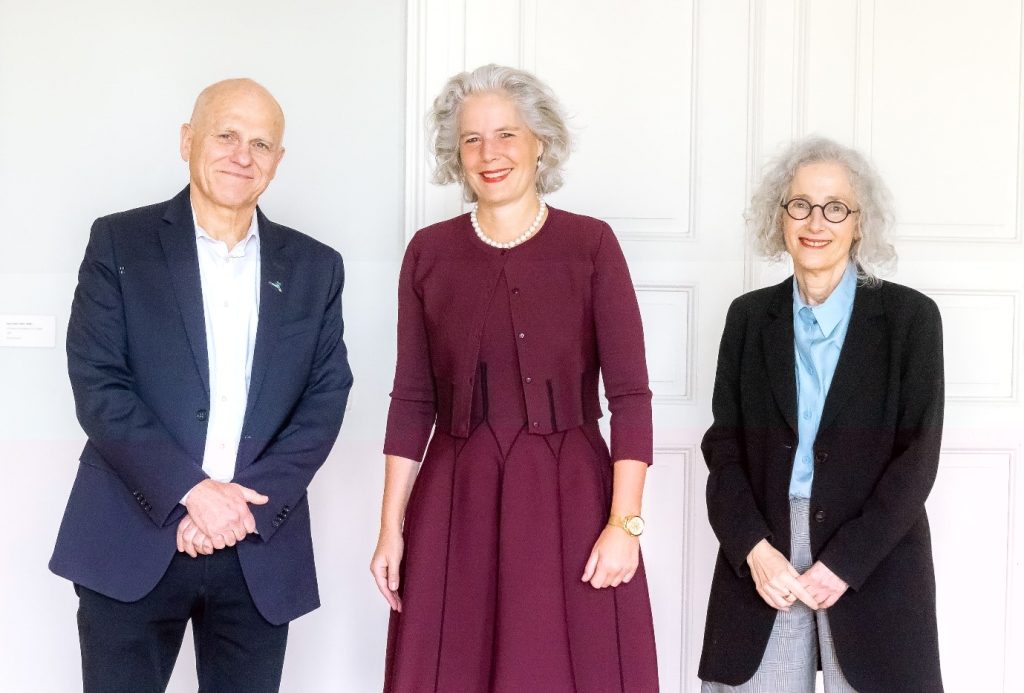
November 13, 2023 — The “German Science Foundation” (DFG) has approved the financing of an innovative joint school for doctoral students, an international collaboration between the Hebrew University of Jerusalem, the University of Leipzig, and the Dubnow Institute in Leipzig. This groundbreaking academic initiative marks a significant step towards fostering international collaboration in the field of humanities.
The school is set to open its doors in the summer of 2024 in Jerusalem, providing a unique opportunity for students to immerse themselves in the study of Jewish material culture in the 20th century and to explore the complex web of relationships between Jews and their surrounding environments. The program, titled “Belongings: Jewish Material Culture in Twentieth-Century Europe and Beyond,” will equip 22 research students with interdisciplinary skills, spanning history, philosophy, literature, cultural studies, art history, and more.
What sets this school apart is that each doctoral thesis will receive full funding for four years and be jointly supervised by senior researchers from the three collaborating institutions. The overarching goal is to cultivate a new generation of young researchers who will integrate seamlessly into educational and cultural institutions, museums, and archives worldwide.
Professor Yfaat Weiss, director of the Dubnow Institute and a member of the Faculty of Humanities at the Hebrew University, who will head the school, expressed her excitement: “The seeds of this joint venture were planted in the summer of 2019 under very different circumstances from today. We hope to open the first cycle in Jerusalem in August 2024 under infinitely better conditions. Recent times have emphasized the importance of knowledge, especially a deep understanding of Jewish history, as a safeguard against global amnesia. Our collaborative approach and the opportunity for students to study in both Jerusalem and Leipzig represent a small yet meaningful step towards preserving the knowledge of humanity in these challenging times.”
Professor Benjamin Pollock, professor of Jewish thought at the Hebrew University and director of the Franz Rosenzweig Minerva Center, who will head the Israeli side of the school, added: “The joint learning of Israeli and international students in Jewish studies, the diversity of the fields of expertise of the senior scholars who will teach in the program, the research focus on material culture – these features make this graduate school one of a kind. In these trying times, it is heartening to recall Jerusalem’s potential as a place where diverse worlds of research and culture converge, expanding the horizons of academic discourse.”
The joint venture boasts the involvement of 13 senior researchers, including professors from the University of Leipzig, one of Germany’s oldest universities, faculty members from the Hebrew University’s Faculty of Humanities, and researchers from the Leibniz Institute for Jewish History and Culture – Simon Dubnow, one of Europe’s leading institutes in the field.
In the coming weeks, the school will release a call for research student applications to be shared across relevant networks. Accepted students will have the unique opportunity to pursue their doctorate in one of the parent universities—Jerusalem or Leipzig—under joint supervision and full funding for a four-year program. The school’s admissions committee will review submissions and conduct interviews with applicants, with more details to follow in due course.




